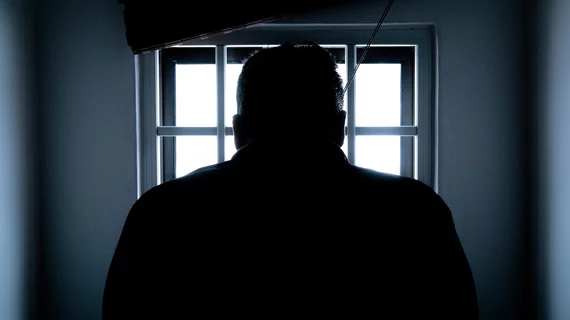Doctor gets prison time for operating pill mill
A physician based in Pennsylvania has been sentenced to two years in prison and three years supervised release for operating a pain management medical practice that has been described as a “pill mill” by the U.S. Attorney’s Office Eastern District of Pennsylvania.
Yutong Zhang, 64, of Berwyn, Pennsylvania, pleaded guilty in February 2022 to four counts of distributing oxycodone-containing medications outside of the normal scope of professional practice “and for no legitimate medical practice,” the U.S. Attorney’s Office said. According to the office, Zhang sold medically unnecessary prescriptions for oxycodone and other controlled substances to about 120 “so-called patients" from 2016 to 2020. The patients were actually cash-paying customers.
Zhang supplied the prescriptions after performing only a cursory physical examination or without any examination at all, foregoing ordering diagnosing testing that would discern the cause of pain reportedly suffered by patients.
“The U.S. Attorney’s Office is committed to fighting the opioid epidemic on all fronts, including prosecuting drug dealers who happen to have a medical degree,” U.S. Attorney Jacqueline C. Romero said in a statement. “As a physician, Yutong Zang was certainly aware of the inherently dangerous nature of the drugs he was selling, but he chose to profit from sales of prescriptions, instead of providing genuine medical treatment. His actions kept addicted customers returning to his office, contributing to the opioid crisis on the streets of Philadelphia.”
Separately, the U.S. Attorney’s Office and Zhang agreed to a civil settlement, with Zhang agreeing to pay $715,000 in civil penalties. The settlement also permanently prevents Zhang from ever prescribing controlled substances.
“Dr. Zhang demonstrated a complete and utter disregard of his medical oath as a doctor by prescribing powerful prescription painkillers for no legitimate purpose and for profit only,” said Thomas Hodnett, special agent in charge of the Drug Enforcement Administration’s (DEA) Philadelphia Field Division. “In addition to his federal prison sentence, Dr. Zhang will have to pay a $715,000 civil penalty fine and is prohibited from ever prescribing controlled substances again.”
The sentencing comes at a time when federal, state and local authorities are cracking down on prescription opioids amid an epidemic of opioid use abuse. Many healthcare providers, as well as major pharmacy chains, have settled with governments and are paying millions and billions to end litigation and avoid further penalties for their roles in the abuse and overdose epidemic.

